To the daily commuter on their way to work, it looks like any normal morning in Aberdeen city centre.
But all that changes as a swarm of police officers and vehicles descend on Guild Street – just yards from Aberdeen bus and railway station – following intelligence received that drug dealers have taken over a flat and are using it to flood the city with illegal substances.
I joined forces with officers from the police’s north-east division as they swooped on two properties in Aberdeen as part of a nationwide battle against county lines operations and the dealers who prey on vulnerable people by taking over their homes.
Along with countless other police forces across the UK, officers from Aberdeen played a key role in a national “County Lines Intensification” week of activity co-ordinated by the National Police Chiefs’ Council (NPCC).
In total 14 men and two females were arrested, while 366 properties at risk of being taken over for drug dealing (known as “cuckooing”) were visited.
My unusual morning starts just after 8am on a mild Tuesday at Kittybrewster Police Station, where around 15 members of Police Scotland’s CID team are packed in an office getting briefed on the day’s activity.
Many are wearing plain uniforms, looking just like anyone else.
The Detective Sergeant (DS) – who has 17 years of experience – provides a download on the intelligence the force has received and which properties they will be targeting that morning.
After leaving the station, numerous police vehicles move in convoy across the city to a flat in Aberdeen city centre. It is an impressive sight, and every effort is made to ensure the vehicles stay together.
While the scale of the operation might seem unusual to an outsider like myself, this is not new to them. The officers conducted 12 raids the day before, and this is a daily activity across the north-east.
It is all a sobering reminder of how mammoth a task the battle against drugs is.
Our first stop is a flat on Guild Street, a useful location for wily criminals who can travel to Aberdeen and ply their vile trade within an hour, before swiftly departing and evading detection.
Thanks to its close proximity to both Aberdeen bus and railway stations, I am told that flats in this area are often used for cuckooing.
When we reach the door, officers brandish a 16kg “enforcer” (or battering ram) to smash the entrance open.
It is like a scene from a movie as the bang is followed by shouts of “police!” reverberating around the floor.
Two vulnerable looking men, who are sitting watching TV, look anxiously towards the door as the officers bundle in.
Building up a rapport with the men is part of the police’s tactics and can avoid situations turning tense.
I am told that “drug addicts need police, as much as police need them”.
To explain, the officers tell me a struggling user recently thanked them for arresting his controlling dealer from England.
“The police were the only ones that could sort out the guy,” the DS says.
An intelligence tip off has led to concerns over drug dealing, but getting into the property is proving to be a challenge as the officers battle with a heavy-duty council door.
He said: “County lines has got a new name, but it’s structured the same as it’s always been. We’re getting better at thinking outside the box and exploring how we identify the dealers and the vulnerable people who they target.”
After multiple attempts and moans and groans from various officers, they manage to batter down the door – which has clearly been knocked down in the past and put back together.
‘We don’t just forget about them’
They get inside, but nobody is home and a search is carried out.
“Especially with county lines, we have to be mindful that the criminals we’re dealing with are quite often not known to us, so therefore are an unknown risk.
“So we always emphasise safety, the speed of entering properties and the speed of getting quick control of custodies using recognised officer safety techniques.”
Despite the toughness of breaking down doors and quite literally breaking down drug gangs, the work does not stop there. What happens to the vulnerable individuals who have been relying on drug dealers that have now been intercepted?
“We don’t just forget about them”, the DS tells me.
“We get them into the system to find them the help they need.”
Despite the ever-changing circumstances of county line drugs, I feel reassured that officers in Aberdeen are “on the front foot”.
The DS says that they have got “better relationships than we have ever had” with the UK’s other 44 police forces and county line taskforces, and that intelligence is shared between forces allowing them to “very quickly” share information.
‘Rid Scotland of those involved in county lines activity’
Assistant Chief Constable Andy Freeburn said: “Those involved in county lines in Scotland who groom and exploit the most vulnerable people in our communities, including children and young people, are odious individuals.
“They intimidate, coerce, threaten and force people to store or sell drugs and are not welcome in Scotland.
“We get them into the system to find them the help they need.”
“We will continue to work in partnership with a wide range of national organisations, including Scotland’s Serious Organised Crime Taskforce, to rid Scotland of those involved in county lines activity.”
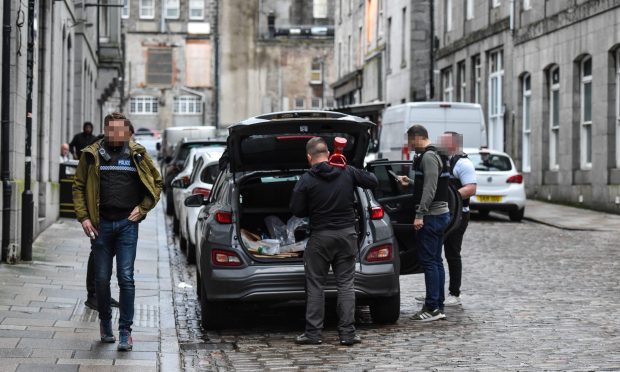
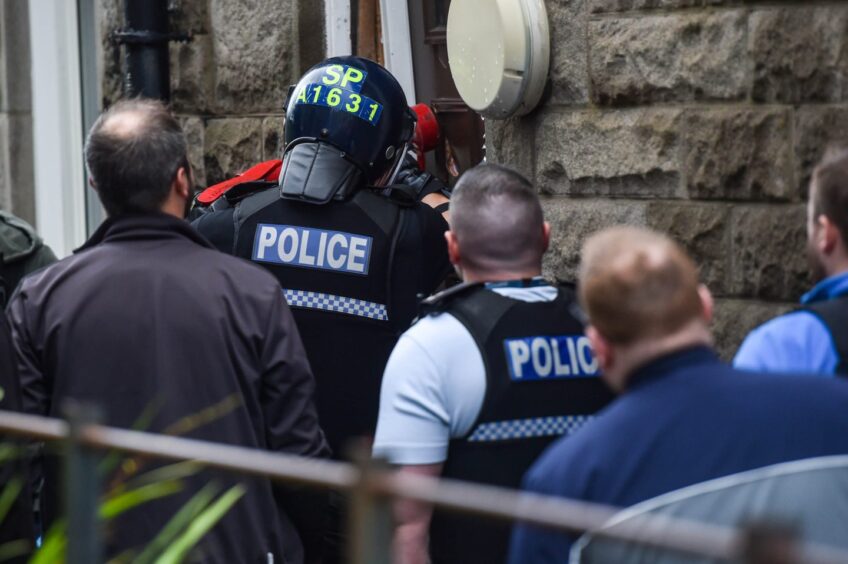
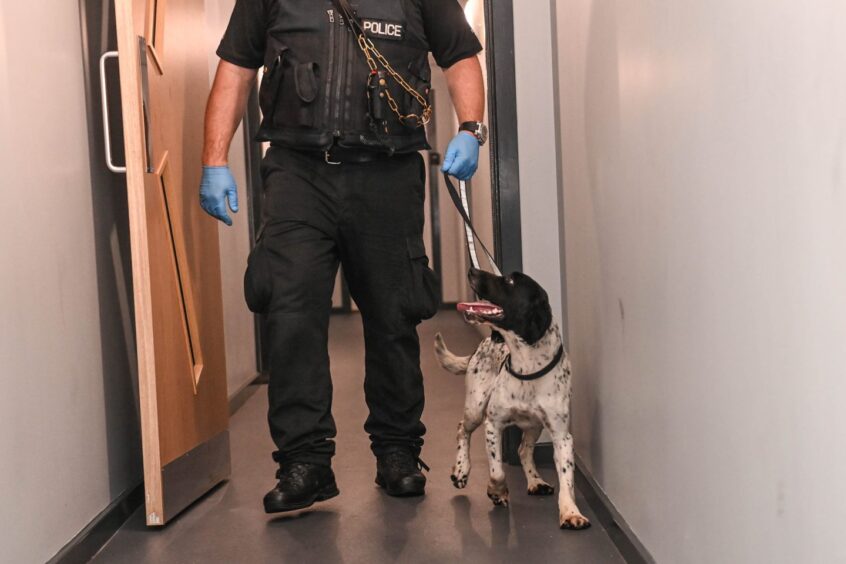
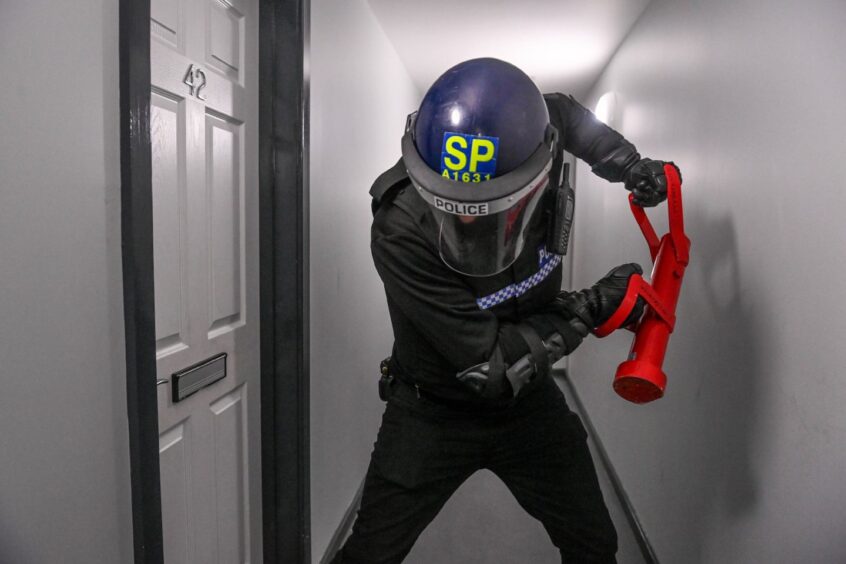
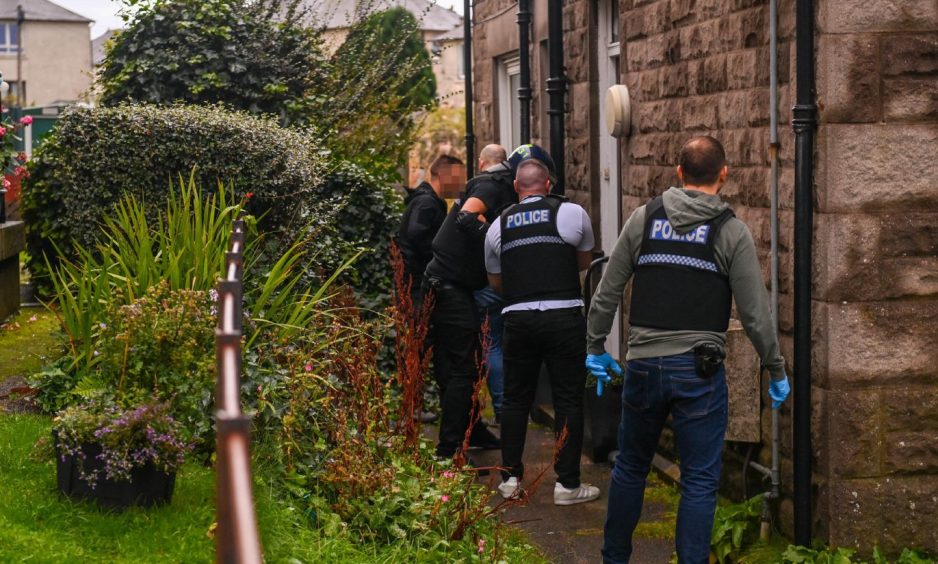
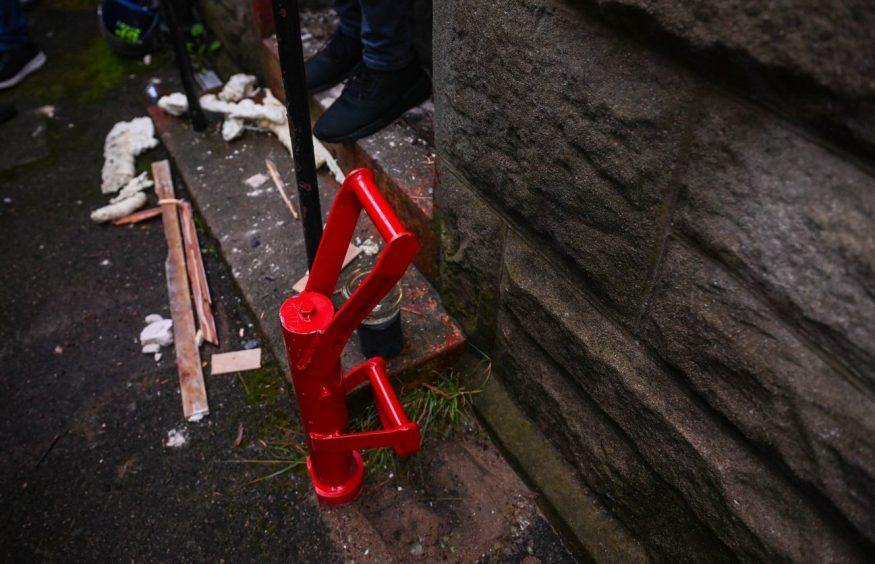
Conversation